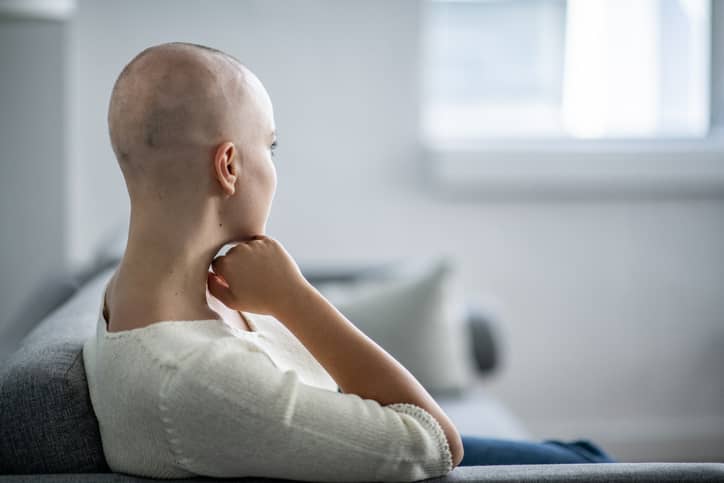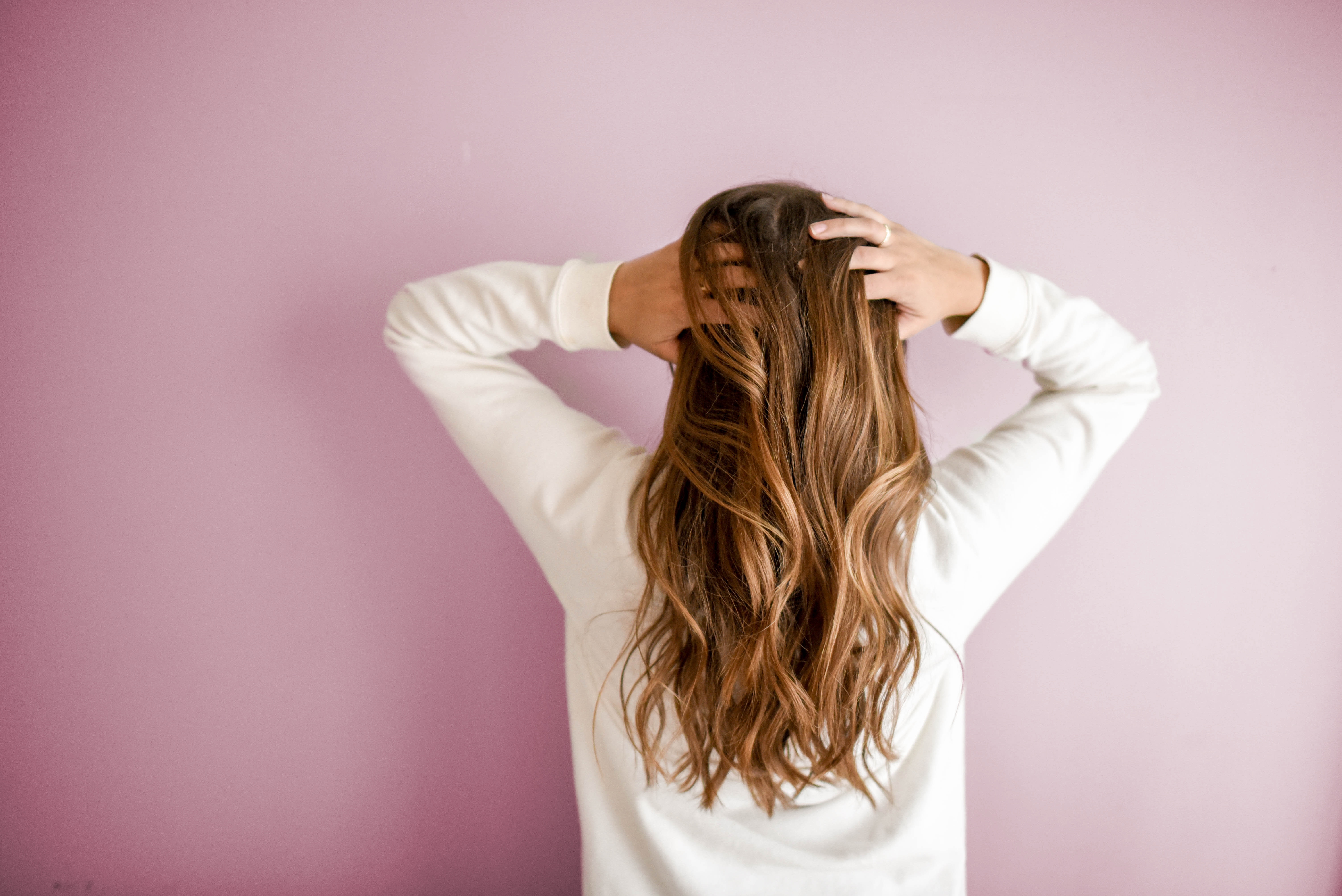Although we’ve been living with COVID-19 for some time now, the long-term effects of the virus still aren’t clear. We know that some people can get ongoing or new symptoms – such as extreme tiredness, muscle pain and shortness of breath – months after being infected, as part of what’s known as long COVID. But other longer-term side effects are also being reported.
Have you noticed your hair falling out after having COVID-19? This side effect doesn’t yet appear on the list of post-COVID conditions and effects from the NHS or the Centers for Disease Control and Prevention (CDC). But more and more reports are emerging of hair loss in people who’ve recovered from the illness.
As well as these reports, several scientific studies have suggested a strong link between COVID-19 and hair loss.
Whatever the cause, losing your hair can be very distressing, and it can be hard to know what to do. So read on to learn what we know so far about COVID-19 and hair loss, and what you can do if you find your hair is thinning.
Why is my hair falling out after having COVID-19?
The latest research shows that COVID-19 can cause telogen effluvium, which is a common type of temporary hair loss.
At any one time, a certain number of your hairs will be in the 'shedding' phase of their growth cycle. But with telogen effluvium, more of your hairs than usual are pushed into this shedding phase, so you lose more hair than usual.
Telogen effluvium is commonly triggered by a shock to your body, such as a fever or illness – and this can include COVID-19. It’s thought that it helps your body to save its energy for where it's most needed.
The hair shedding usually starts 2 to 4 months after a ‘trigger event’ (in this case, COVID-19). You’ll probably notice it most when you’re washing or brushing your hair, when you may get handfuls coming out, and your hair may look generally thinner.

Could stress be a factor?
Psychological stress is another common cause of telogen effluvium, and experts believe the emotional effects of the pandemic are also playing a role in hair loss and COVID-19.
Some dermatologists have reported seeing more people with hair loss since the start of the pandemic – including people who haven’t actually been infected with COVID-19.
Read more about stress and hair loss.
Will my hair grow back?
While it can be very upsetting, hair loss after illness is common and in most cases it will grow back on its own – so try not to worry too much.
If you have telogen effluvium, it can take 6 to 9 months for your hair to regrow. The shedding will usually lessen over this time, as your hair gradually goes back to its usual growth cycle. And as the shedding stops, your hair will start to thicken again. Just bear in mind that it can take time for your overall volume to get back to normal.
How to treat and cope with hair loss due to COVID-19
Although your hair will probably grow back without treatment, there are things you can do to support and encourage regrowth, such as being gentle when brushing, styling and washing your hair and avoiding any type of scalp massage.
Read more about caring for your hair and coping with hair loss.
When to see a doctor
If you’re getting hair loss after COVID-19, it’s a good idea to see a doctor if it hasn’t started to improve after 6 months.
You should also see a doctor if you notice any other symptoms, including:
- a rash
- a flaking, itchy or burning scalp
- hair falling out in big clumps or leaving noticeable bald patches
Symptoms like this could mean your hair loss isn’t due to telogen effluvium and you may have a condition that needs treatment.
Read more about scalp conditions and health conditions that can cause hair loss. Or try our Smart Symptom Checker to get more information about your health.
Your health questions answered
Can COVID-19 vaccines cause hair loss?
“There’s currently no evidence to suggest that any of the COVID-19 vaccines cause hair loss. Globally, there have been a few reports of a type of hair loss called alopecia areata following COVID-19 vaccination. But remember that millions of people have been given the vaccine. There's nothing so far to suggest that the vaccine has caused hair loss, and the vaccine has a wide range of benefits.”







